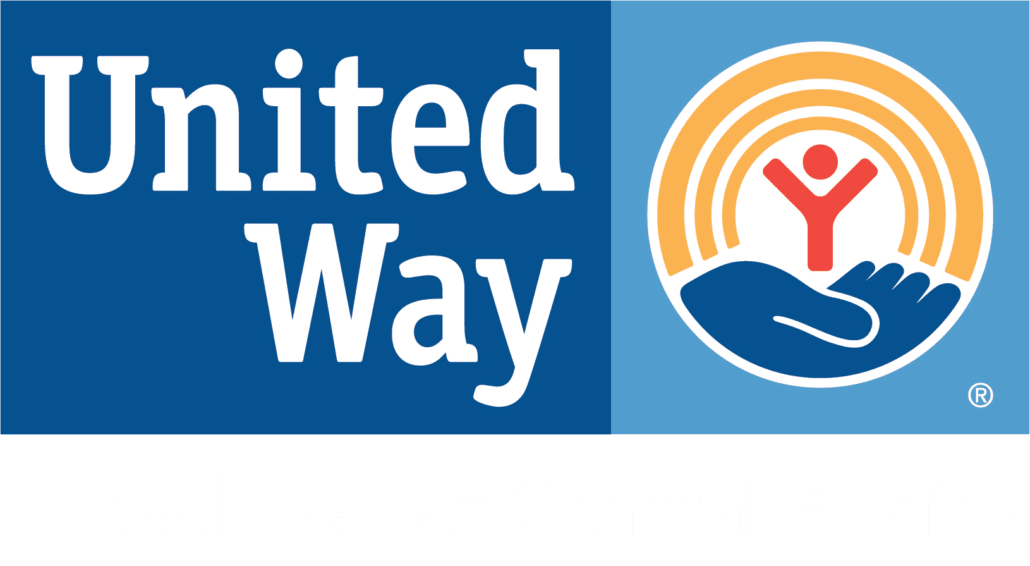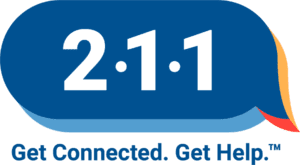ALICE Report: A crisis in the making as 66% increase in Florida’s ALICE households over 10 years fueled by high-priced basics and stagnant wages
To read a copy of the report and find county-by-county and town-level data on the size and demographics of ALICE as well as the community conditions and costs faced by ALICE households, visit UnitedForALICE.org/Florida.
Lakeland, Fla. — When COVID-19 hit, nearly 2.6 million Florida households were one emergency away from financial ruin — a 10-year record high — setting the stage for the unprecedented economic impact of the crisis, according to the state’s latest ALICE Report, released today by United Way of Florida, in partnership with United For ALICE.
Over the last decade, Florida’s low-income families systematically lost buying power and financial stability as the high cost of essentials outpaced wages, driving the number of ALICE households to rise 66 percent by 2018, the report shows.
“ALICE households are some of the most financially fragile in our community,” Criser Jackson said. “One incident, car trouble, a hospital visit, can put these families and individuals in serious financial strain. COVID-19 became that one universal emergency. ALICE families are facing the greatest health and financial risks today, as they are the workers who do not have paid sick days, and whose children receive daily meals at school. That’s why we are dedicated to working with local experts to provide services for those who need it most.”
In 2018, of Florida’s 7.8 million households, nearly 2.6 million were ALICE (Asset Limited, Income Constrained, Employed) a record number that were unable to afford the basics for survival, despite working. That’s in addition to the 1 million families that were in poverty. While wages for ALICE workers remained largely stagnant, the cost of six essentials grew on average 3.4 percent annually over the past decade. That’s in contrast to a rate of inflation of 1.8 percent.
As a result, ALICE households grew to account for 33 percent of Florida’s households in 2018, up from 22 percent in 2007. In contrast, poverty levels remained largely flat at about 13 percent. The report shows ALICE households were locked out of the boom economy and unable to establish savings due to meager pay raises and inconsistent job hours, schedules, and benefits.
“No matter how hard ALICE families worked, the gap between their wages and the cost of basics just kept widening,” Criser Jackson said. “These already fragile ALICE households are now facing an even deeper financial hole due to the state of emergency created by COVID-19.”
ALICE in Florida: A Financial Hardship Study shows that the cost of survival ranges annually from $24,600 for a single adult, to $27,348 for a senior citizen and $69,516 for a family of four with an infant and a preschooler. Putting this in perspective, the median hourly wage in Florida is $22,040, less than all the budgets.
This mismatch between wages and costs is revealed by a new measurement debuting in this report, called the ALICE Essentials Index. This Index chronicles how the cost of housing, childcare, food, transportation, health care and a smartphone plan rose at nearly twice the rate of inflation, as measured by the Consumer Price Index. The result is that in 2018 two parents working full time needed to earn $17.38 an hour in order to afford the Household Survival Budget for a family of four. That’s up from a wage of $11.93 an hour affording that budget in 2007. During the same period, the number of low-wage jobs grew by 69 percent, accounting for the majority of all jobs in Florida.
“The ALICE Essentials Index shows that, through no fault of their own, ALICE families have been priced out of economic stability, setting the stage for the scope of this crisis,” said United For ALICE National Director Stephanie Hoopes, Ph.D. “Using the Consumer Price Index alone to measure inflation provides an incomplete picture of the cost of living, severely underestimating the mounting financial pressures on ALICE families.”
Criser Jackson said the report’s findings should be put in play immediately to identify state and local supports that address the unique challenges the COVID-19 pandemic has inflicted on ALICE families as businesses and schools remain closed indefinitely.
The report calls for stakeholders across all sectors to use its findings to remove obstacles to financial stability, identify gaps in community resources and build data-driven solutions to help ALICE families achieve economic stability, bolstering the state’s economy overall.
The ALICE Report for Florida was funded in part by United Way of Central Florida and is a project of United For ALICE, a grassroots movement of some 650 United Ways in 21 states, corporations and foundations, all using the same methodology to document financial need. ALICE Reports provide county-by-county and town-level data, and analysis of how many households are struggling, including the obstacles ALICE households face on the road to financial independence.
For more information or to find data about ALICE in local communities, visit UnitedForALICE.org/Florida.
About United Way of Florida
The United Way of Florida is a statewide association representing Florida’s 28 United Ways on Florida legislative and administrative issues, training, and disaster preparation, response and recovery issues, among others. The United Way of Florida’s member United Ways lead the state in investing private contributions, generously provided by people from all walks of life, in health, education, income, and safety net initiatives that improve the lives of individuals and families – and entire communities – every day. United Ways are local people solving local problems with local solutions; people and communities that Live United.
About United Way of Central Florida
United Way of Central Florida works to improve lives and strengthen our community by identifying gaps in services and providing solutions. UWCF works with qualified partners to improve the health, education and financial stability of people in Polk, Hardee and Highlands counties and provide a safety net in emergencies. United Way works to amplify donor dollars with local matches, convene partners to improve efficiencies and broker services that produce the best return on investment in the areas of most critical need. United Way believes no one can do their best if they are hungry, sick or in pain. To learn more, visit uwcf.org or call 863.648.1500.
About United For ALICE
United For ALICE is a driver of innovation, shining a light on the challenges ALICE (Asset Limited, Income Constrained, Employed) households face and finding collaborative solutions. Through a standardized methodology that assesses the cost of living in every county, this project provides a comprehensive measure of financial hardship across the U.S. Equipped with this data, ALICE partners convene, advocate, and innovate in their local communities to highlight the issues faced by ALICE households and to generate solutions that promote financial stability. The grassroots movement represents United Ways, corporations, nonprofits and foundations in Arkansas, Connecticut, Florida, Hawai‘i, Idaho, Illinois, Indiana, Iowa, Louisiana, Maryland, Michigan, New Jersey, New York, Ohio, Oregon, Pennsylvania, Tennessee, Texas, Virginia, Washington and Wisconsin; we are United For ALICE. For more information, visit: UnitedForALICE.org.




